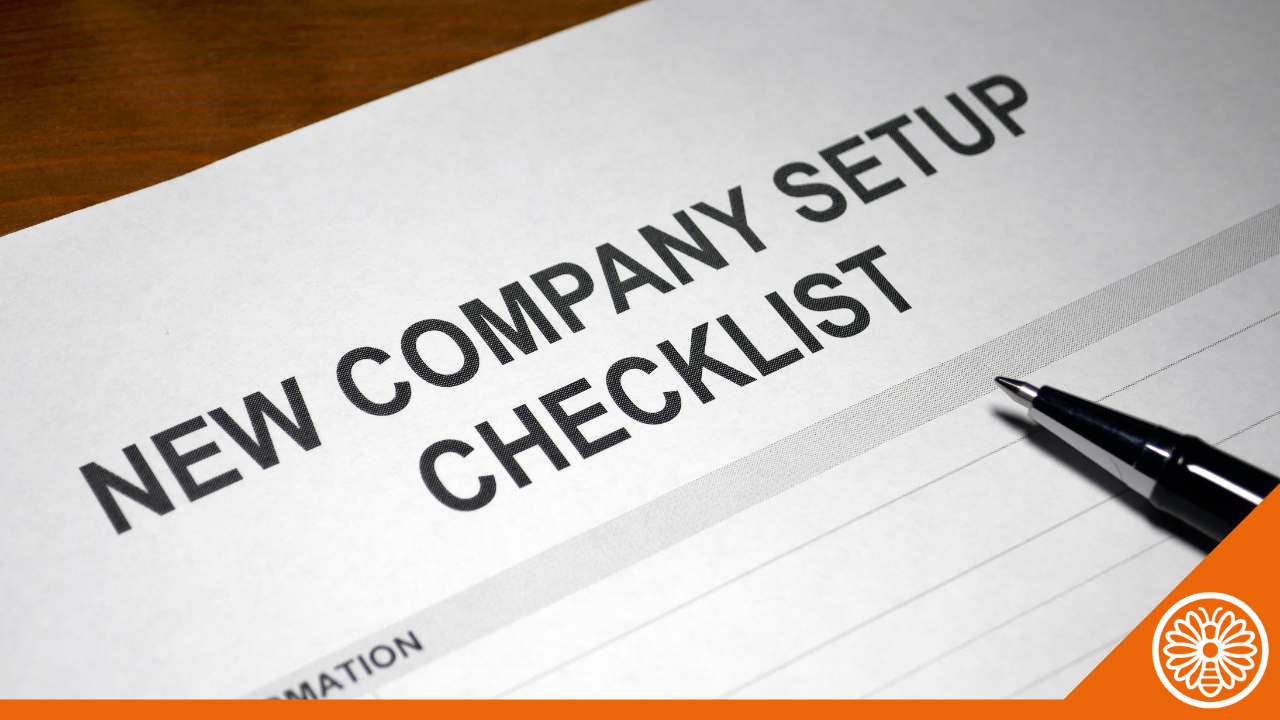Share Capital Of A Hong Kong Company: What does the regulation say? What should you know? Why is it not necessary to over capitalize?
Can’t decide how much share capital to start your Hong Kong company with? The good news is it is not as tricky as you might think. After reading this post, you’ll be armed with the knowledge of the main regulations and norms in Hong Kong in respect of shares and share capital to help you make a more informed decision.

Firstly, it is important to note that a new Companies Ordinance (the “Ordinance”) was introduced on the 3rd March 2014. The main points of the Ordinance, both old and new, that you will you want to consider are as follows.
Minimum of one share
The Ordinance requires that at the time of incorporation, a minimum of one share must be issued and allotted to its founder. Either an individual or a body corporate can be a founder, and they can be of any nationality and reside anywhere in the world.
No restriction on amount of share capital and currency of share capital
Meanwhile, the Ordinance does not impose any restrictions on the amount of share capital nor its currency. In other words, the amount and currency of the share capital of a company are completely up to the founder. You could even consider incorporating a company with share capital in HKD, EUR, USD or any other convertible currency, and with as little as HKD 1, EUR 1, USD 1. However, the usual practice is to start with a capital of between HKD1,000 to HKD10,000, or similar amount in other currencies (for non-regulated activities) to make it easier to distribute shares to several shareholders.
Authorized Capital abolished
Under the old ordinance, Hong Kong companies were required to declare the maximum amount of share capital that they could have (also known as Authorized Share Capital). While Authorized Share Capital could be increased, it involved a very complicated process which meant that companies used to start off their companies with a very high Authorized Share Capital in anticipation of needing to increase their share capital in future. This is the reason why some of your seasoned entrepreneur friend’s might be advising you to start with a large share capital.
Nowadays however under the new Ordinance this concept of Authorized Share Capital no longer exists and as such, there is no longer any limitation. Whatever amount of share capital you decide to start your company off with you can at any time freely issue and allot new shares. This is why it is no longer necessary to overcapitalize when you set up your Hong Kong company.
Transfer of Shares vs. Allotment of Shares
Another option you might be considering is to start off with a large share capital so you can transfer shares at a later date. This is indeed possible, but you should bear in mind that while both procedures, to transfer or to allot shares, will inevitably incur costs, overall it costs less to do an allotment. To transfer shares, a stamp duty of HKD5 + 0.2% of the amount of the consideration or the value of the shares, whichever is higher must be paid. Meanwhile, share allotment does not cost anything, except of course for the handling costs if you decided to do the allotment through a service provider.
The main takeaway from all this? How much share capital you start off with really depends on your needs. Having said that, with it being cheaper to allot shares in comparison to transferring them, a more reserved approach when issuing share capital when incorporating a new company might be a better approach.
Finally decided on your share capital and ready to incorporate? Still in doubt? Feel free to contact us. The iNCUBEE team will be happy to answer your queries.
Still in doubt? Feel free to contact us. The iNCUBEE team will be happy to answer your queries.



